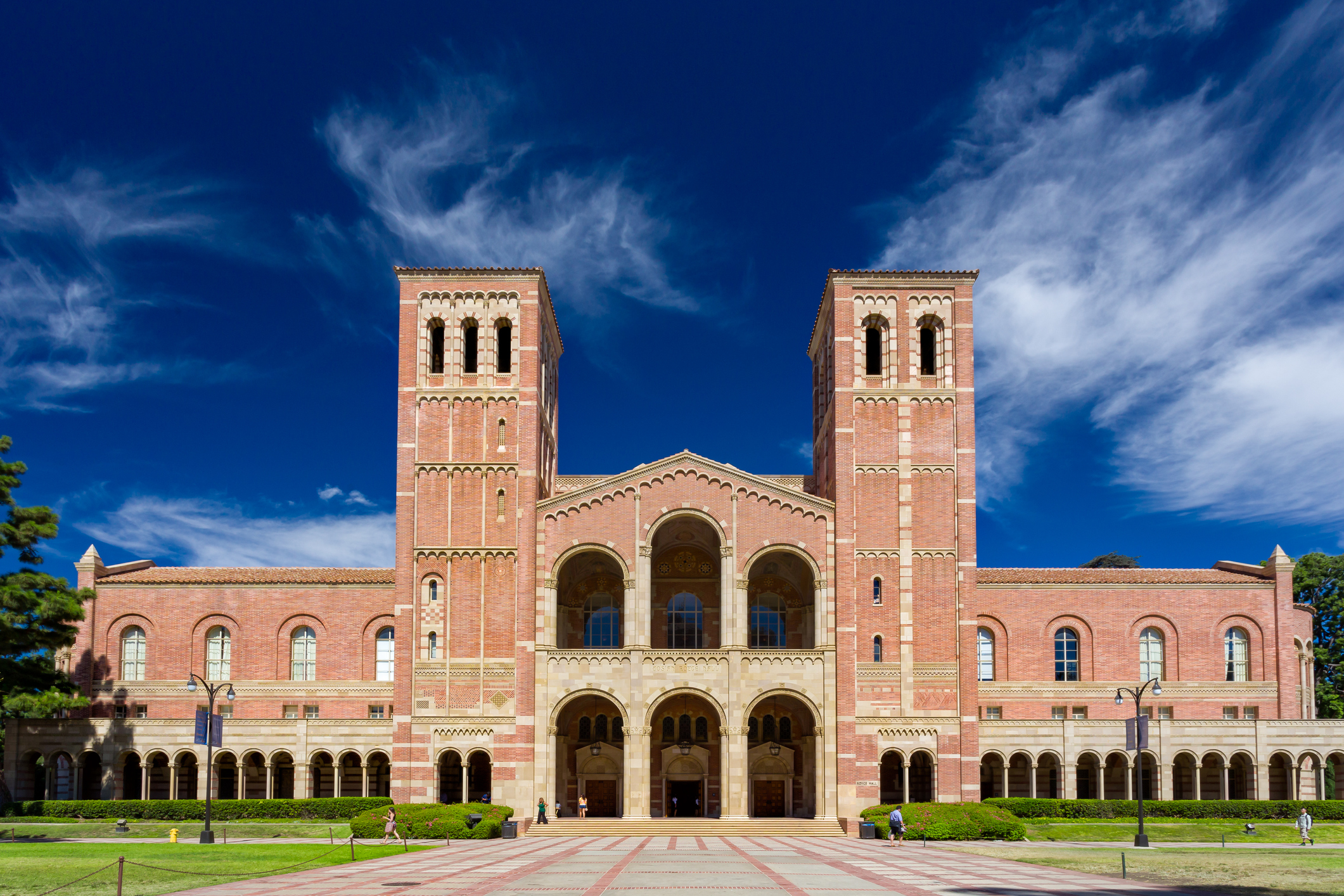LOS ANGELES -- Despite early claims of victory for solar-energy Measure B by Mayor Antonio Villaraigosa, campaign leaders and Department of Water and Power officials, the measure was being narrowly defeated early Wednesday, but thousands of still-uncounted ballots mean it could be days or weeks until its fate is decided.
Election Results: City Results Page
Measure B, which would allow the Department of Water and Power to install enough solar panels on the rooftops of city buildings to generate 400 megawatts of power by 2014, is part of the city's plan to meet 10 percent of the city's needs with solar energy by 2020. It is one-third of the city's Solar LA plan, but the only component to appear on the ballot.
As election results began trickling in Tuesday night, the measure appeared to be heading for victory, but late returns reversed the measure's fortunes. With 100 percent of precincts reporting early Wednesday morning, the measure was failing by 1,322 votes.
A spokeswoman for the Los Angeles City Clerk's Office said the outcome of the election will be undecided until thousands of late vote-by-mail ballots, provisional ballots, write-in votes and questioned ballots are tallied. It was unclear early Wednesday exactly how many ballots remain to be counted, but the clerk's office received about 9,000 vote-by-mail ballots on Tuesday alone that still need to be tallied.
But when the measure appeared heading for victory, its backers wasted no time thanking voters for their support.
"The real winners today are the citizens and ratepayers of Los Angeles. They have voted to continue Los Angeles' long tradition of a publicly owned utility, which generates its own power," said Brian D'Arcy with International Brotherhood of Electrical Workers Local 18. D'Arcy is also the chairman of Working Californians, a nonprofit advocacy group that crafted the measure.
"They (voters) recognize that our publicly owned utility provides safe and reliable power at the lowest rates in the region," he said. "And the voters have sent a message that they want their utility to switch to renewable and clean solar energy. This plan will also create a chance for a good, family-supporting career powering our city and cleaning our air."
According to Mayor Antonio Villaraigosa, the issue was placed before voters to encourage debate. The DWP is not required to receive voter approval to move ahead with the plan.
"It's on the ballot because it is without question a bold initiative. It is one that we knew could be controversial for some and so we thought it was important to have the public debate around this issue and develop a public consensus around it," Villaraigosa said recently.
Local
Get Los Angeles's latest local news on crime, entertainment, weather, schools, COVID, cost of living and more. Here's your go-to source for today's LA news.
Supporters of Measure B -- including Heal the Bay, the Coalition for Clean Air and the Los Angeles County Federation of Labor -- said the proposal will create hundreds of unionized jobs and a job training program that would provide career opportunities for at-risk youths.
"Passage of Measure B ... will make the city of Los Angeles a leader in developing and producing solar power, dramatically boosing our renewable energy generation right here in Los Angeles while jump-starting L.A.'s green economy," David Nahai, chief executive officer of the Department of Water and Power, said in a statement issued before the vote-counting was completed.
Questions on the cost of the program and the process by which it ended up on the ballot have led to vocal opposition from business groups, such as the Los Angeles Area Chamber of Commerce and Valley Industry and Commerce Association, along with City Controller Laura Chick and former Water and Power Commission President Nick Patsaouras.
The Los Angeles Times and Daily News editorial boards both opposed Measure B.
Huron Consulting Group completed a report that estimates Measure B will cost $1.3 billion. With tax credits, that figure could drop to $967 million, translating into a 1 percent increase for the average Angeleno, or about $1 per month.
A separate report done by PA Consulting last fall found the project could cost as much as $3.6 billion without tax credits, which can only be obtained by partnering with a private organization. Consultants warned that material shortages would worsen under the proposal, which was also determined to be "extremely risky."
The DWP rejected that assessment.



